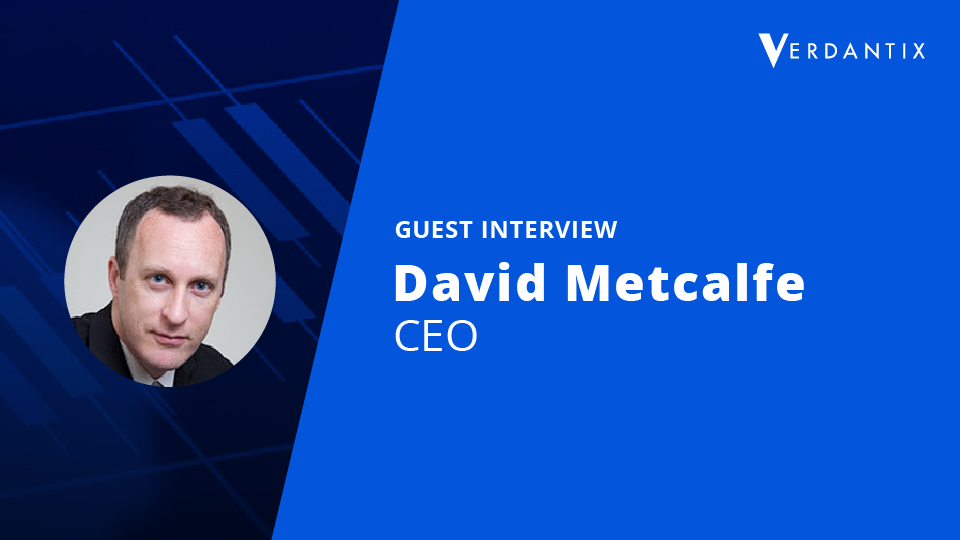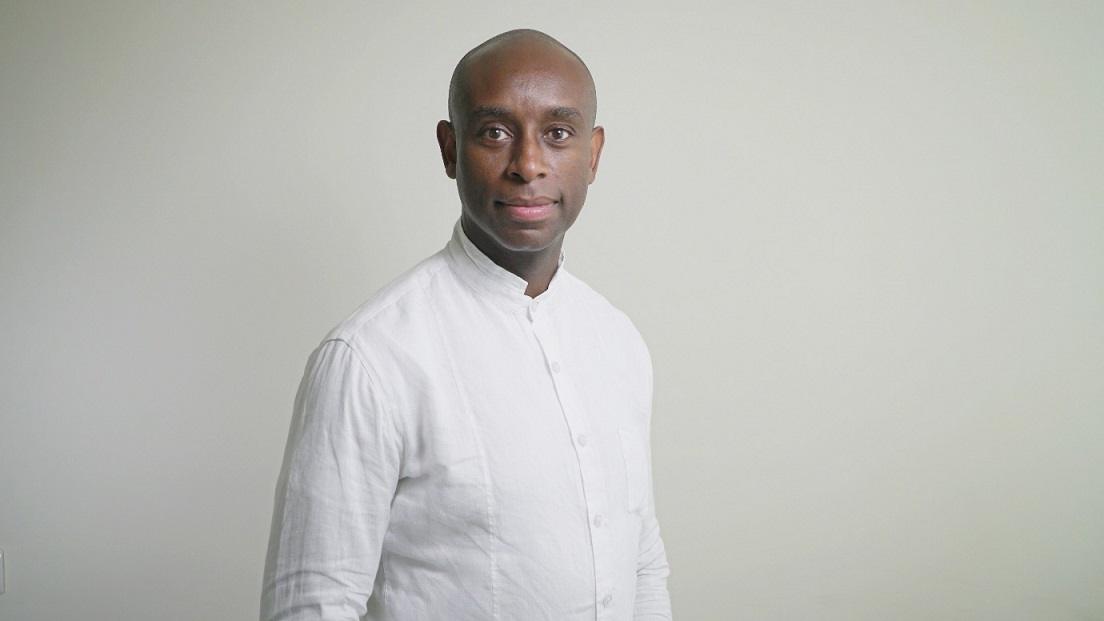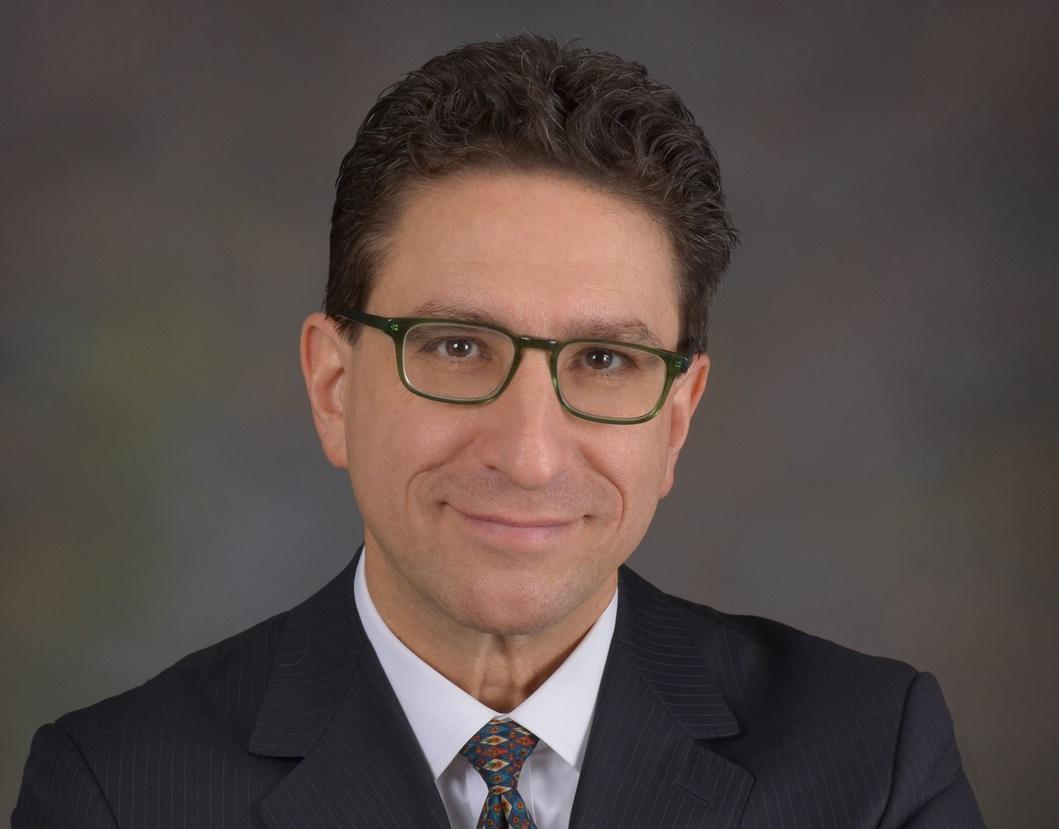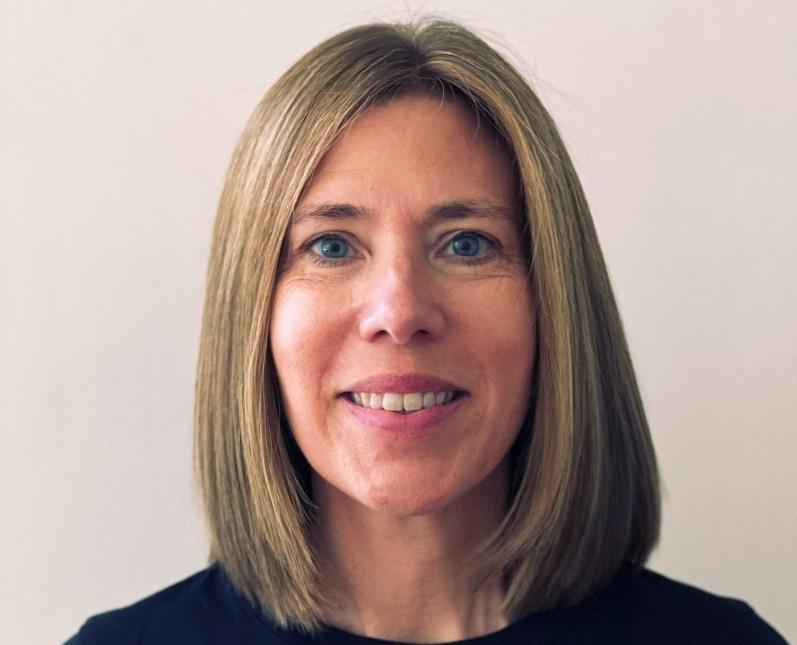Guest Post: Why Financial ESG Propositions Won’t Succeed Without Investment-Grade Corporate Sustainability Data
David Metcalfe PhD, CEO, Verdantix
What is the connection between financial ESG services and corporate sustainability data?
To a large extent, financial ESG products and services are derived from corporate sustainability data. They are two sides of the same coin. Calendarized, corporate sustainability data is disclosed by companies in voluntary and regulated reports. Other elements of sustainability data are generated by news organizations on a daily basis and incorporated into ESG products, for instance, using AI which scans and codifies digital media. ESG services targeted at financial markets participants – ratings, indices, data feeds, investment advisory – are fundamentally dependent on issuers disclosing a broad data set at a corporate level.
What has been the dealflow for financial ESG businesses in the last two years?
Verdantix research on ESG business transactions – investments, M&A and IPOs – uncovered a hefty increase in activity in 2019 compared to previous years and then again in 2020. In 2019, we identified 11 deals such as Measurabl raising a Series B round, ERM acquiring SustainAbility, Moody’s buying a majority stake in Vigeo EIRIS and S&P Global buying the RobecoSAM Ratings business. Despite the impact slowing work on transactions, 2020 witnessed 17 ESG-related deals. Deutsche Börse positioned its November acquisition of 80% of ISS as an ESG play, CVC Growth invested $200m in supplier ESG scorecard provider EcoVadis, Morningstar bought the remaining 60% of Sustainalytics for an EV of €170m and in France, Atos bought EcoAct adding 150 employees.
How is the ESG and sustainability data and tech landscape changing?
Firstly, every large financial services provider is feeling the heat – they need to have an ESG data platform from which they can launch new products and services. That’s why big players like Nasdaq are investing in the likes of Sweden-headquartered Matter and acquiring niche players like OneReport. The fear of missing out is huge. Secondly, we’re seeing entirely new ESG data businesses come to market. Bank of Canada led a $30m Series B round in GHGSat which is launching low-orbit satellites which will provide investors with high fidelity data on GHG emissions at specific industrial sites. Apple Co-Founder Steve Wozniak has backed Efforce, a business that is using blockchain to securitize energy efficiency savings and trade them on platforms like HBTC. In December, the first ESG-focused SPAC was launched on NASDAQ – Seven Oaks Acquisition Corp – which raised $259m. Thirdly, the venture capital and private equity sector is getting more involved in funding new ESG data and tech ventures. In February 2020, Diagram invested in Novisto, in August Persefoni raised $3.5m and in December ClearTrace brought in $4m from Clean Energy Ventures.
It sounds like the market is booming. So what problems do you see?
The biggest problem for providers of financial ESG products and services is they risk building castles in the air. If you provide investment products like ESG ETFs – of which a whopping 72 were launched in 2020 according to Morningstar – then you need investment-grade data as an input. But where is this high-quality data coming from? To be complete, timely and credible much of it needs to come from issuers. At Verdantix we’vespent more than a decade conducting research on corporate sustainability data, performance and risk management it’s clear that very few companies have a fit for purpose information architecture to be able to provide the ESG data that financial services providers need. Of the more than 650,000 listed firms around the world hundreds of thousands don’t produce sustainability reports. The majority of sustainability reports don’t cover all of the material issues that ESG investors need information on. What’s more, this partial information is most often only released once a year. That’s why many ESG information providers turn to third party sources such as AI digital media monitoring, environmental regulatory filings and low-orbit satellites. Due to the lack of a regulatory framework every stock exchange, lender, asset manager and ratings provider is coming up with their own definitions and proprietary data platforms. Even financial regulators are making the ESG data challenge more complex with piecemeal initiatives like the Bank of England announcing that TCFD disclosures will be mandatory.
How will these problems with ESG data quality get fixed?
It’s hard to see where a comprehensive solution to the problem is going to come from in the next three years. Certainly, issuers feel the pain of having to respond to myriad ESG data requests from different financial markets participants as well as from large customers who want to de-risk their supply chain. That applies some pressure on them to improve transactional ESG data collection. But it’s not enough to kick-off a multi-million-dollar investment in a project with ERM or EY to deploy a corporate-wide ESG information architecture. Of course, it’s not impossible to do this. Firms like Ørsted lead the way on ESG reporting due to their focus on renewable energy and strong digital capabilities. Like Ørsted, other companies see the value in collecting data to be able to access the green bond market and to achieve sustainable business classifications like the London Stock Exchange Green Mark. Whilst those revenue share data sets feed into ESG considerations in terms of exposure to ‘sustainable markets’ they lack any insight into a wide range of ESG risks and performance metrics such as impacts on local communities, environmental spills, safety failures, governance structures, diversity and executive compensation. To avoid stymying the growth of ESG financial products and services, the financial markets need corporates to make big investments in ESG information systems. That’s a big ask following the pandemic and recession. Investors can’t just magic up the corporate data they need.
So how do you see the next three years playing out?
The shift towards more sustainable business practices and ESG investing is not going away. So, the question is more in terms of how quickly this market trend grows. Minor accelerators of ESG data improvement include the EU Sustainable Finance Disclosure Regulation, the IFRS consultation on ESG data standardization and the Biden Administration’s plans to require more disclosure via SEC mandates. A more significant accelerator is the relentlessly increasing pressure on CFOs to provide better quality ESG data to investors. Three years ago these conversations took place with niche advisory firms like RobecoSAM and Vigeo EIRIS. Now CFOs face off against the big three ratings agencies, global financial information providers like Bloomberg and Refinitiv and the world’s largest asset managers. It’s hard to see how CFOs at industries on their knees due to the COVID-19 pandemic will prioritize ESG IT systems. What we need is leadership from sectors which have grown through the pandemic and have a stake in delivering digital systems for ESG and sustainability. We need the likes of Accenture, Google, Microsoft, Pfizer and Tesla to step forward and fund the development of ESG information blueprints that others can apply themselves.
About the author:
David is the CEO of Verdantix and co-founded the firm in 2008. Based on his 20 years of experience in technology strategy and research roles he provides guidance on digital strategies to C-level executives at technology providers, partners at private equity firms and function heads at large corporations. His current focus is on helping clients understand their market opportunity tied to ESG investment trends and their impact on corporate sustainability strategies. During his 12 years running Verdantix – including 4 leading the New York office – he has helped dozens of clients grow their businesses through fund raising, acquisitions and international growth. David was previously SVP Research at Forrester and Head of Analysis & Forecasting at BT. He holds a PhD from Cambridge University and also worked as a Research Associate at the Harvard Business School.





